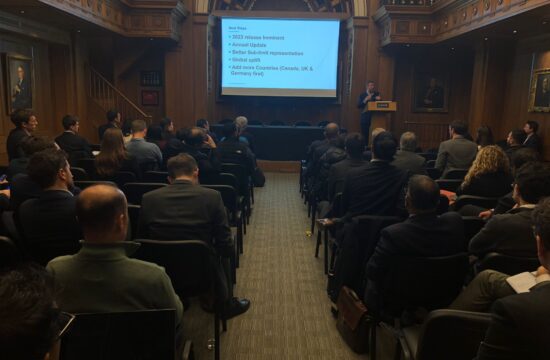
AON 2021 US Cyber Market Update: 95.4% Combined Ratio, 67% Loss Ratio, 21.2% increase in premiums
AON released its annual report on the US Cyber Market based on the NAIC Cyber supplement fillings () . Compared to the earlier estimate of at 72%, AON estimates the 2020 US Cyber Loss ratio at a more benign 67%. The expense ratio, which is not directly reported in the NAIC fillings, but estimated as a “premium-weighted average of the other liability-claims made expenses (for standalone cyber premiums) and commercial multi-peril liability expenses (for package premiums),” is estimated at 28.5%, resulting in an overall combined ratio of 95.4%.
While this shows the clear pressure the cyber market is in and has already reacted to with price increases, it still leaves the cyber insurance industry with an underwriting profit, at least based on the best estimates of AON. The reported premiums increased by 21.2% year-over-year, with $2.74 Billion in direct premiums written by the in 2020 200 reporting US Cyber Insurers.
Besides the top-line numbers, the AON report as usually provides a plethora of additional insights into the by far largest cyber insurance market in the world. Under exhibit 9b, the authors show the loss ratios of the 13 reported US cyber insurers with more than $50 Mil in direct written premiums ranked after their loss ratios. The insurer with the largest loss ratio (given as 95th percentile) increased from 61,6% in 2019 to 109.1% in 2020, leaving the insurer with a likely combined ratio of 140%.
The data basis is as ususal not without its weaknesses. For example, as there is an inherent lag in reporting, “cyber insurers’ loss experience during the financial year 2020 reflecting policies written in 2019 almost as much as in 2020.” In terms of non-reporting entities, in addition the outside of the US underwritten cyber risks, the exceedingly growing cyber portfolio of often specialized managing general agents (MGAs) is also not captured by the NAIC data, as they are under no obligation to report. See also the about data section of the report or the us cyber loss rations of our cyber market statistics.
References

Daniel Kasper
Daniel Kasper is the principal of Cyber Economics.










